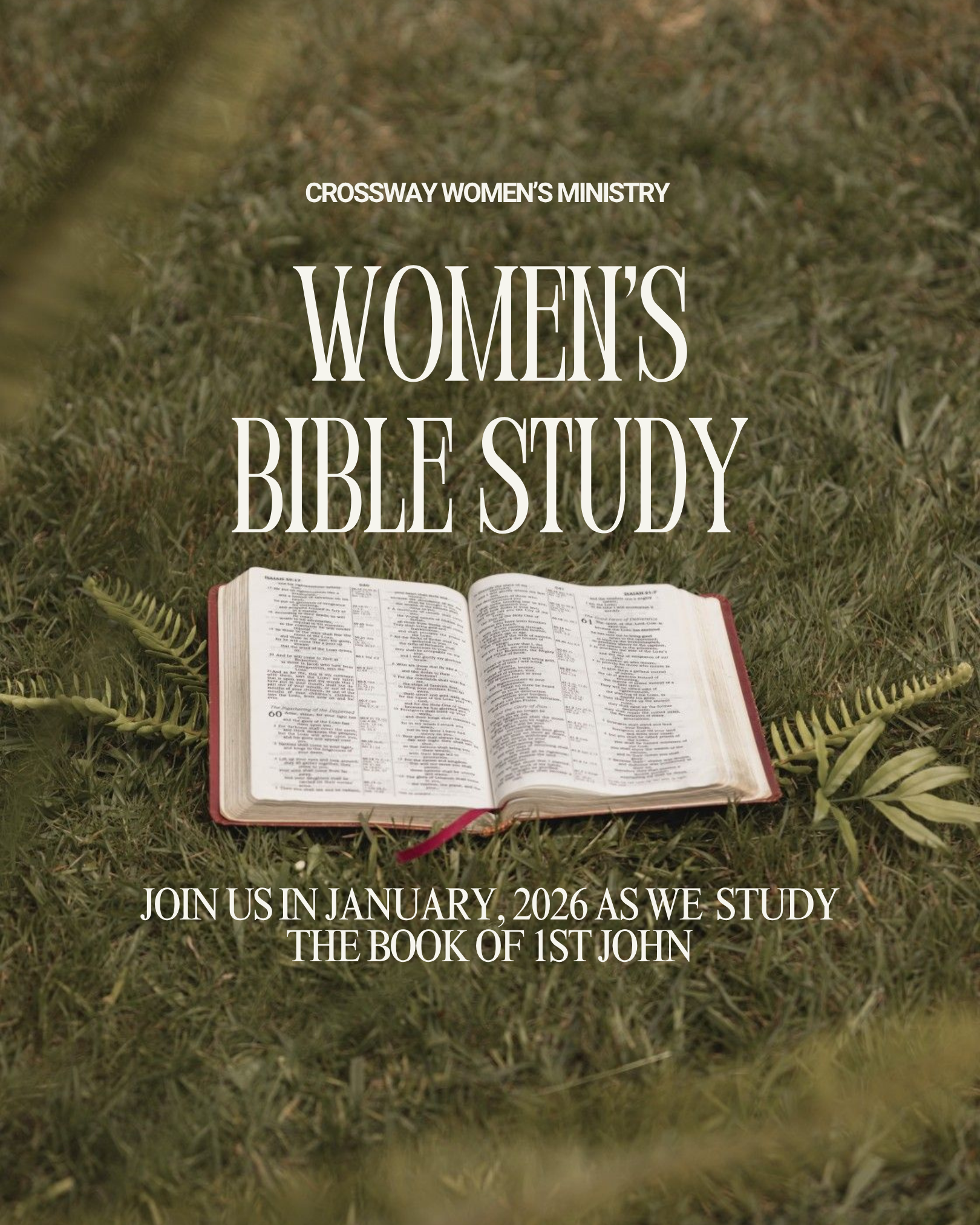And God said, Let us make man in our image, after our likeness: and let them have dominion over the fish of the sea, and over the fowl of the air, and over the cattle, and over all the earth, and over every creeping thing that creepeth upon the earth.
So God created man in his own image, in the image of God created he him; male and female created he them.
And God blessed them, and God said unto them, Be fruitful, and multiply, and replenish the earth, and subdue it: and have dominion over the fish of the sea, and over the fowl of the air, and over every living thing that moveth upon the earth.
Last week (January of 2023), the Lancet, a 200-year-old medical journal from the UK, began a series on One Health.[1] One Health is a World Health Organization-sponsored initiative that is gaining acceptance in academia as well as in the regulatory functions of governments. In December of 2022, the G20 nations were asked to fund One Health in an amount of over $10 billion.[2]
The aim of One Health is to advocate an equality-based approach to health, with equal attention given to humans, animals, and the environment. Part of a movement called deep ecology, one of its eight principles states “The flourishing of human life and cultures is compatible with a substantial decrease of the human population.”[3] Lancet disapprovingly notes that humans have been the center of concern for the medical field, and advocates that equal concern be given to non-human animals and plants.[4]
The root problem with One Health is not medical or scientific: it is theological. The uniqueness of humans over other forms of life is profoundly tied to being made in God’s image (Genesis 1:26-28). It is not original to me, but humans being made in God’s image means that they are righteous, regal, rational, and relational.
That means that humans are unique because they have a capacity for morality (righteous). They can do good or they can do evil; they are not simply creatures of instinct. Humans are regal, meaning they have the capacity to rule. They were given the mandate to responsibly subdue the earth. Neither animals nor plants have this capacity for ruling; they do not produce governments or schools, nor do they build airplanes or skyscrapers.
Humans can rule because they are rational; they have complicated thought processes that involve complex reasoning. It is evident that the capacity is completely different in kind from the animal and plant kingdoms. Neither animals nor plants write books or blogs. Furthermore, humans are relational; whatever camaraderie animals may portray, it is nowhere near the complexity of human interaction. Our ability to communicate and convey thoughts to another human is not just slightly “advanced.” It is categorically different than the ability of animals.
What is happening at the World Health Organization through One Health is an attempt to reverse the Garden of Eden. There are merits to taking care of both animals and our environment; subduing the earth does not mean pillaging it. However, trying to obliterate a distinction between humans and the environment is not an advanced scientific approach: it is a fundamental denial of God as Creator. Once he is jettisoned as Creator, there is no need to follow His commands to be kind and compassionate.
If deep ecology states that human flourishing is compatible with a reduction of the human population, who is going to decide how that reduction will occur? And who will decide which humans will be eliminated? Or who gets to decide whether we will preserve a plant form or a human?
The emphasis this week is on the sacredness of human life, from babies to the elderly and everyone in between. As part of our praying, we should pray that elite academics and governments who try to erase God find themselves confronted with the realities of human life. It is easy to dismiss humanity as a whole; it is a whole lot harder when you hold your newborn baby or when you interact with your family that you love.
So how should we pray?
1. That initiatives such as One Health would fail in the attempt to make humans no different than plants and animals.
2. That God would raise up scientists and medical personnel who responsibly care for the environment, but who are also courageous enough to challenge the desacralization of humans.
3. That God would restore the gentleness and compassion towards humanity that comes with an understanding that we are made in His image.
[1] The Lancet, “One Health: A Call for Ecological Equity,” The Lancet 401, no. 10372 (January 21, 2023): 169.
[2] “One Health in G20 Countries,” accessed January 24, 2023, https://www.who.int/news/item/23-12-2022-one-health-in-g20-countries.
[3] Hanna Ollos, “Deep Ecology: Defending the Earth,” European Wilderness Society, September 10, 2020, accessed January 24, 2023, https://wilderness-society.org/deep-ecology-defending-the-earth/.
[4] Lancet, “One Health.”
